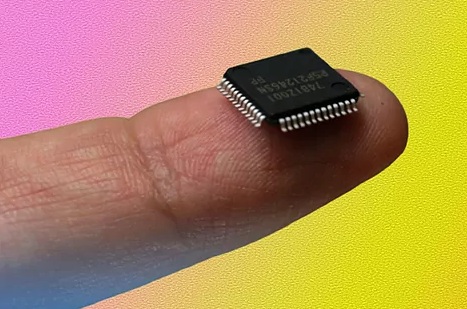IBM and Samsung have developed a new design for the stacking of transistors on chips as processors and systems on chips (SoC, in English), which allows you to overcome performance limitations or reduce energy consumption while maintaining a high current flow.
In other words, it uses much less energy and would lengthen the battery of devices such as mobile phones, tablets, game consoles or even computers.
The design has been presented within the framework of the 'International Electron Devices Meeting' (IEDM) fair , which is held in San Francisco (United States) and where companies in the semiconductor sector share their latest innovations on an annual basis.
 |
| The First Samples Collected From Space |
The two technology companies have taken advantage of IEDM to present the design that they have called 'Vertical Transport Field Effect Transistors' (VTFET), that is, a design that stacks the transistors of a chip perpendicularly so that the electric current flows vertically, as they report in Engadget.
This design differs from the current one, whereby transistors are stacked on a chip, horizontally, so that current flows from side to side. The advantage of the new design allows us to go beyond Moore's Law, which establishes that every two years the transistors of an integrated circuit must be doubled, which over time has made it possible to have more powerful computers while being smaller and cheaper.
As indicated in the aforementioned medium, by going beyond Moore's Law, VTFET allows to overcome some performance limitations , but also to reduce energy consumption with a greater flow of electrical current.
According to the two companies, VTFET-designed chips will be able to be twice as fast or reduce power consumption by 85 percent compared to FinFET. More simply, they could lead to phones with autonomy to last a full week on a single charge.
 |
| Log in, play, earn money |
However, as they have clarified from Samsung, the design could offer "extreme" improvements either in performance or in battery life, but not in both cases.
It will help the South Korean company outperform its existing nanofilm technology, although it won't necessarily move towards more dense 1-nanometer chips.
Do You Know What We Have Posted on










0 Comments